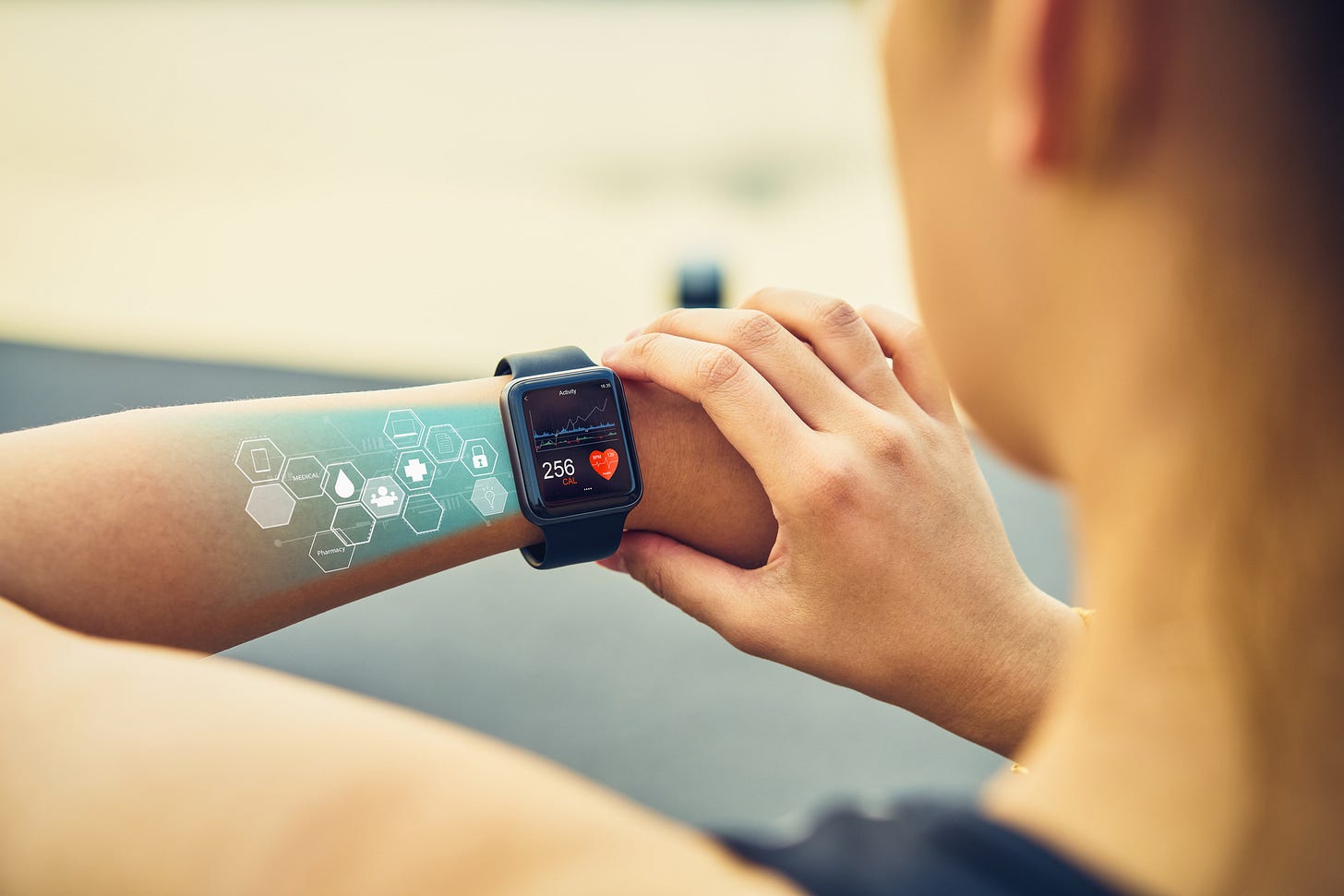Smart Wearables: The Future of Preventative Health
Written by Azzy Xiang
Smart wearables, such as fitness trackers, smartwatches, and health-monitoring devices, are revolutionizing the way we approach healthcare. These devices, equipped with advanced sensors and real-time data tracking, are no longer just trendy accessories—they're powerful tools driving the future of preventative health.
Preventative health focuses on identifying and addressing potential health issues before they become serious. Smart wearables excel in this domain by providing continuous monitoring of key health metrics, such as heart rate, activity levels, sleep patterns, and even blood oxygen levels. With wearable technology, users gain immediate insights into their health, empowering them to make informed decisions about their lifestyle and habits.
Wearable devices can alert users to irregular heart rhythms, as seen in advanced smartwatches with ECG capabilities. Early detection can prompt users to seek medical attention before problems escalate, potentially saving lives!
One of the most exciting aspects of smart wearables is their ability to collect and analyze vast amounts of data over time. By sharing wearable data with doctors, patients can provide a detailed picture of their health trends, enabling more personalized and accurate care. Wearables are also integrating artificial intelligence (AI) to predict potential health risks based on user data. Some wearables can detect patterns that may signal the onset of conditions like diabetes or hypertension.
As wearable technology becomes more affordable and widespread, its potential to improve public health is huge. From encouraging physical activity with step count goals to providing stress management tools like guided breathing exercises, wearables are making preventative health accessible to more people.
So, are you ready to get that Fitbit?
Written by Azzy Xiang from MEDILOQUY


